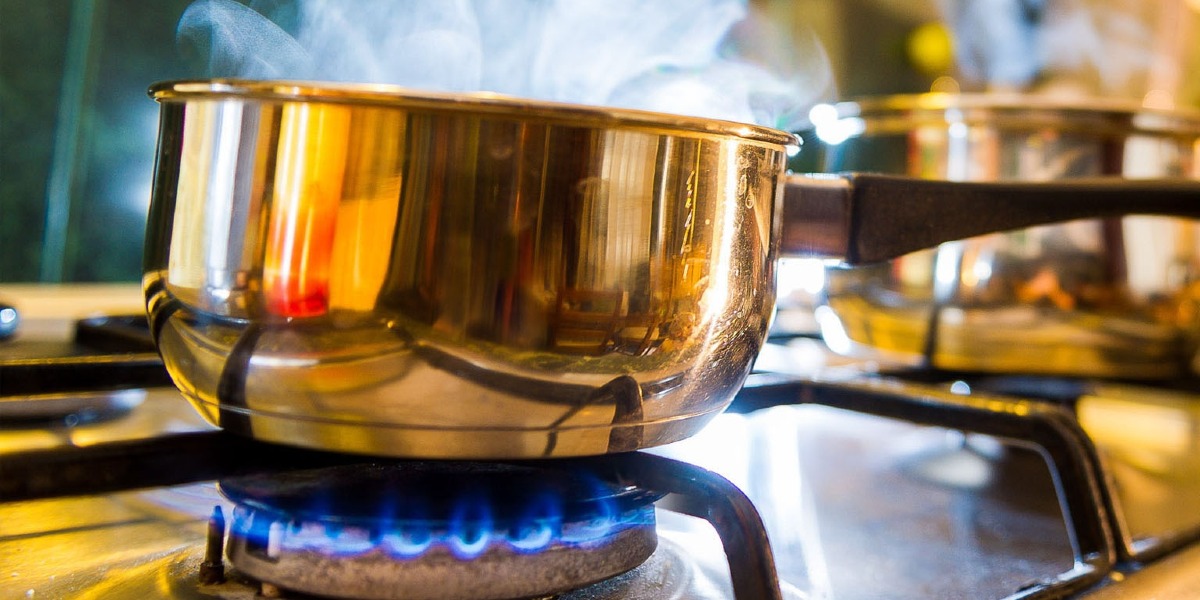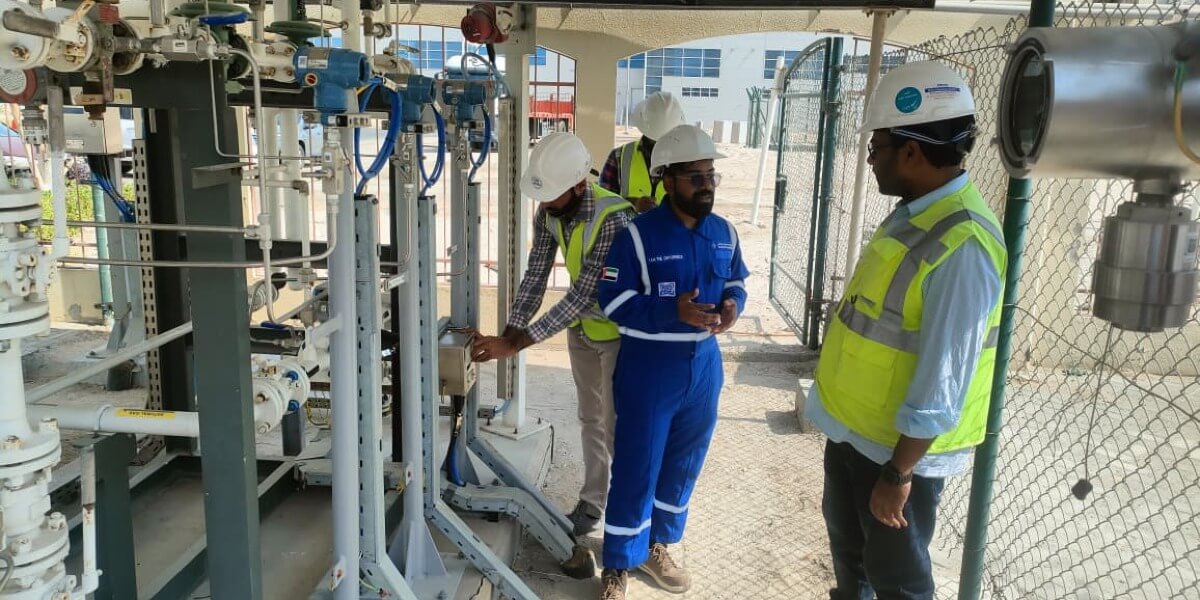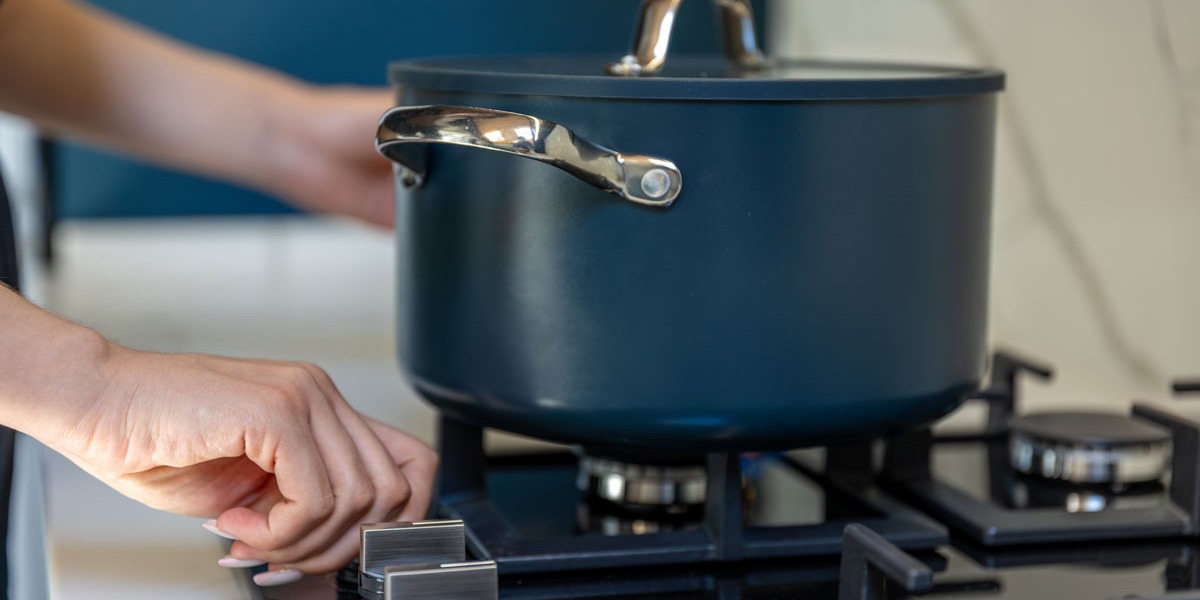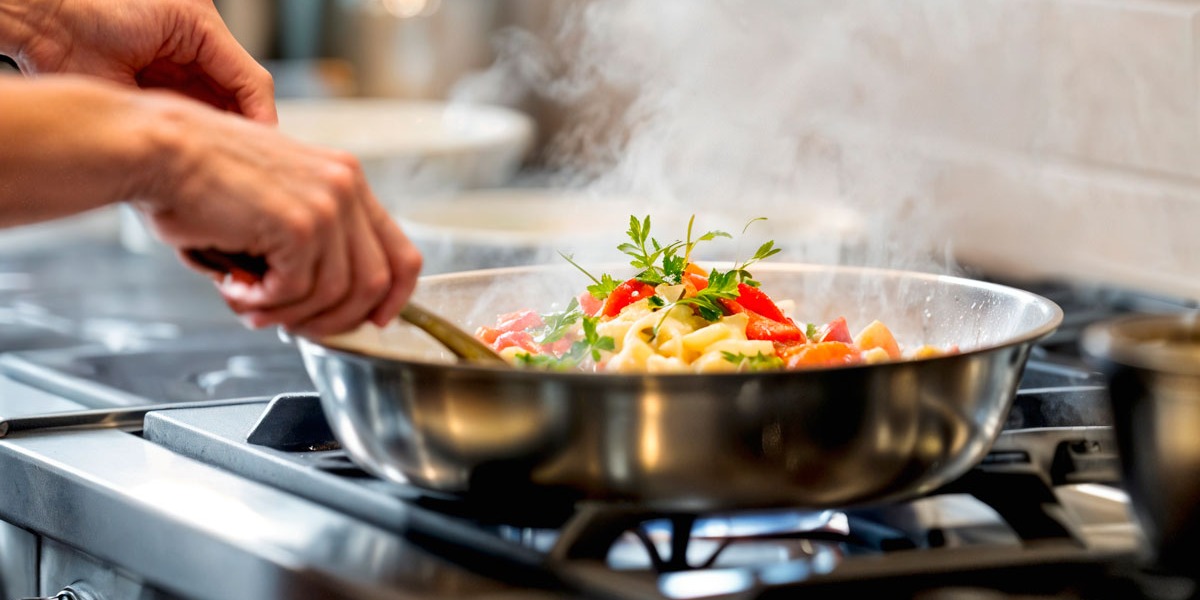Top 7 Gas Safety Tips Every Household Should Know
Top 7 Gas Safety Tips Every Household Should Know

Gas Safety Tips: How to Keep Your Home and Family Safe
Did you know that gas-related incidents account for thousands of emergency calls each year worldwide, often due to leaks, faulty appliances, or poor maintenance? While gas is a safe and efficient energy source when handled properly, even a small mistake can lead to dangerous consequences such as fires, explosions, or carbon monoxide poisoning.
That’s why gas safety should be a priority for every household. By taking a few proactive steps, you can protect your family, your home, and your peace of mind.
Keep your family safe with these 7 essential gas safety tips for UAE homes. Learn how to detect leaks, install CO detectors, and create an emergency plan.
Tip 1: Install a Carbon Monoxide Detector
Carbon monoxide (CO) is known as the “silent killer” because it’s colorless, odorless, and deadly.
How to apply:
- Place detectors near bedrooms and living areas.
- Test monthly and replace batteries at least once a year.
- Replace the device every 5–7 years as per manufacturer’s instructions.
Tip 2: Schedule Annual Professional Inspections
Gas appliances, from stoves to heaters, need regular check-ups to stay safe and efficient. Small faults can turn into major hazards if ignored.
How to apply:
- Hire a certified gas professional once a year.
- Ensure they check for leaks, ventilation, and efficiency.
- Keep inspection records for reference.
Tip 3: Know the Signs of a Gas Leak
Recognizing a gas leak quickly can save lives. The most common sign is the smell of rotten eggs (added to natural gas for detection).
How to apply:
- Watch for hissing sounds near gas lines.
- Look for dead plants around pipelines.
If you suspect a leak:
- Leave the house immediately.
- Avoid using electrical switches or flames.
- Call emergency services from outside.
Tip 4: Keep Ventilation Clear
- Proper ventilation prevents dangerous gas buildup and ensures appliances run efficiently.
- Blocked vents can cause carbon monoxide poisoning.
How to apply:
- Never block air vents or airflow around appliances.
- Ensure chimneys, flues, and ducts are free of dust or debris.
- Open windows regularly to improve circulation.
Tip 5: Store Flammable Items Safely
Many households keep cleaning products, paints, or aerosols near the kitchen or garage—but when stored too close to gas appliances, these can become fire hazards.
How to apply:
- Store flammable liquids in sealed containers away from stoves or heaters.
- Avoid candles or smoking near gas appliances.
- Keep cooking areas clutter-free.
Tip 6: Teach Children About Gas Safety
Children are naturally curious, but gas appliances should never be treated as playthings. Educating kids early helps prevent accidents.
How to apply:
- Teach kids that gas knobs, lighters, and matches are not toys.
- Encourage them to alert an adult if they smell gas.
- Keep explanations simple and age-appropriate.
Tip 7: Create an Emergency Action Plan
In an emergency, every second counts. Having a clear action plan ensures the family knows what to do immediately.
How to apply:
- Show everyone how to shut off the gas supply.
- Agree on a safe outdoor meeting point.
- Practice emergency drills at least once a year.
Gas safety doesn’t have to be complicated—but it does require attention and consistency.
By following these 7 simple tips, you’re not only preventing accidents but also ensuring a safe, comfortable home for your family.
Take action today: Schedule a professional home gas inspection and review your household’s safety setup.
A few minutes of prevention can save lives.











